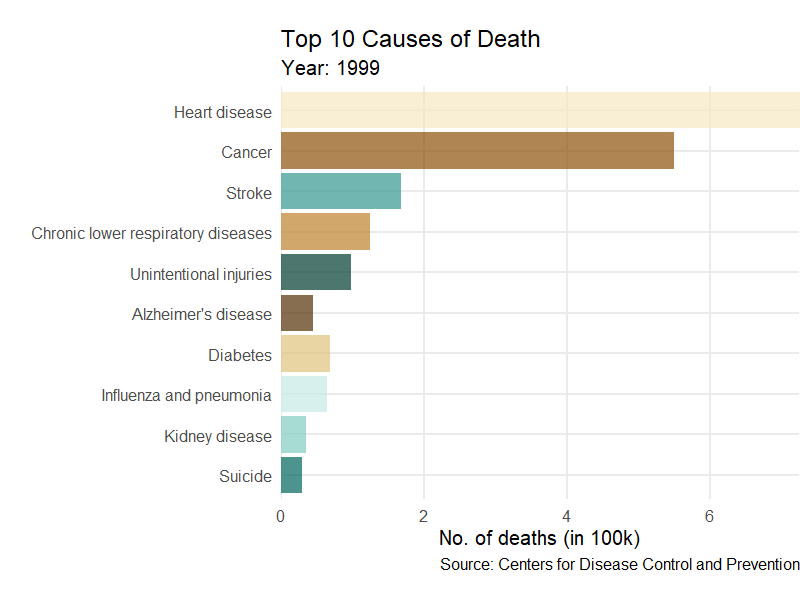

- R gifski error in download.file install#
- R gifski error in download.file code#
- R gifski error in download.file windows#
To move this to configure and configure.win.


$(STATLIB): ifdef CARGO_EXISTS cargo build -target =$( TARGET ) -lib -release -manifest-path=./rust/Cargo.toml else mkdir -p $( LIBDIR ) curl -L -o $( STATLIB ) $( CRATE )/releases/download/ $( BASE_TAG )/ $( TARGET )-lib $( CRATE ).a endif I found this on the following post on RStudio Community.
R gifski error in download.file windows#
This behaviour is found on R for Windows FAQ, but it doesn’t explain what we should do. Otherwise, the 32-bit version won’t get built for unknown reason and it makes CRAN angry. If we use configure.win, we have to add the following line to DESCRIPTION.
(Windows only) if the Rust installation has the required targets, x86_64-pc-windows-gnu and i686-pc-windows-gnuīut Makevars.win is a bit too narrow to write a complex shell script. (Windows only) if the Rust installation has the required toolchain, stable-msvc. if the Rust version is not too old to support (“MSRV”). Moreover, I do want to check the cargo functionality more precisely, for example, So far, I used Makevars.win for testing the existence of cargo, but it seems configure scripts are the better place for this. Actually, I got this request from CRAN:īy the way, ideally string2path would use configure to test for cargo R gifski error in download.file install#
If your package needs some system-dependent configuration before installation you can include an executable (Bourne shell script configure in your package which (if present) is executed by R CMD INSTALL before any other action is performed.Ĭonfigure is executed on UNIX-alikes, and Windows uses a different file configure.win 1. What is a configure script?Ī configure script is often used for configuring Makefile or Makevars, depending on the user’s setup. To avoid this, we can set CARGO_HOME to the package’s local directory, like gifski package does.
Packages should not write in the user’s home filespace (including clipboards), nor anywhere else on the file system apart from the R session’s temporary directory (or during installation in the location pointed to by TMPDIR: and such usage should be cleaned up).īy default, cargo uses ~/.cargo for caching various things like the crates.io index and the dependency crates. Set CARGO_HOMEĬan you see what part is wrong in the above Makevars.win? After the first CRAN submission of this package, I got this reply:Ĭhecking this creates ~/.cargo sized 82MB, in violation of the CRAN Policy. CARGO_EXISTS := $( shell cargo -version 2> /dev/null ) all: C_clean $(SHLIB): $( STATLIB ) $(STATLIB): ifdef CARGO_EXISTS cargo build -target =$( TARGET ) -lib -release -manifest-path=./rust/Cargo.toml else mkdir -p $( LIBDIR ) curl -L -o $( STATLIB ) $( CRATE )/releases/download/ $( BASE_TAG )/ $( TARGET )-lib $( CRATE ).a endif C_clean: rm -Rf $( SHLIB ) $( STATLIB ) $( OBJECTS ) clean: rm -Rf $( SHLIB ) $( STATLIB ) $( OBJECTS ) rust/target Tweak Makevars.winīefore talking about configure scripts, I have to write a bit about Makevars.win (and Makevars) because it has something to be fixed. rust/target/ $( TARGET ) /release STATLIB = $( LIBDIR ) /libstring2path.a PKG_LIBS = -L $( LIBDIR ) -lstring2path -lws2_32 -ladvapi32 -luserenv # c.f. Also see the r-rust organization on Github for more examples R packages, especially the hellorust package.CRATE = string2path BASE_TAG = windows_20210801-3 TARGET = $( subst 64, x86_64, $( subst 32, i686, $( WIN ))) -pc-windows-gnu LIBDIR =. If you are interested in learning more about using Rust in R packages, have a look at my slides from eRum 2018. R gifski error in download.file code#
In this case the R package itself does not contain any Rust code because we can call Rust directly from C. This is the first CRAN package that interfaces a Rust library. Hopefully this will make it easier to generate animations with hundreds or even thousands of frames using for example the gganimate package. Running this example shows that the GIF encoding is no longer a serious overhead: time spent in encoding is only a small fraction of the total time to generate the plot. Gifski shows a progress meter while generating the GIF. # Example borrowed from gganimate library ( gapminder ) library ( ggplot2 ) makeplot <- function () # High Definition images: gif_file <- save_gif ( makeplot (), width = 800, height = 450, res = 92 ) utils :: browseURL ( gif_file )







 0 kommentar(er)
0 kommentar(er)
